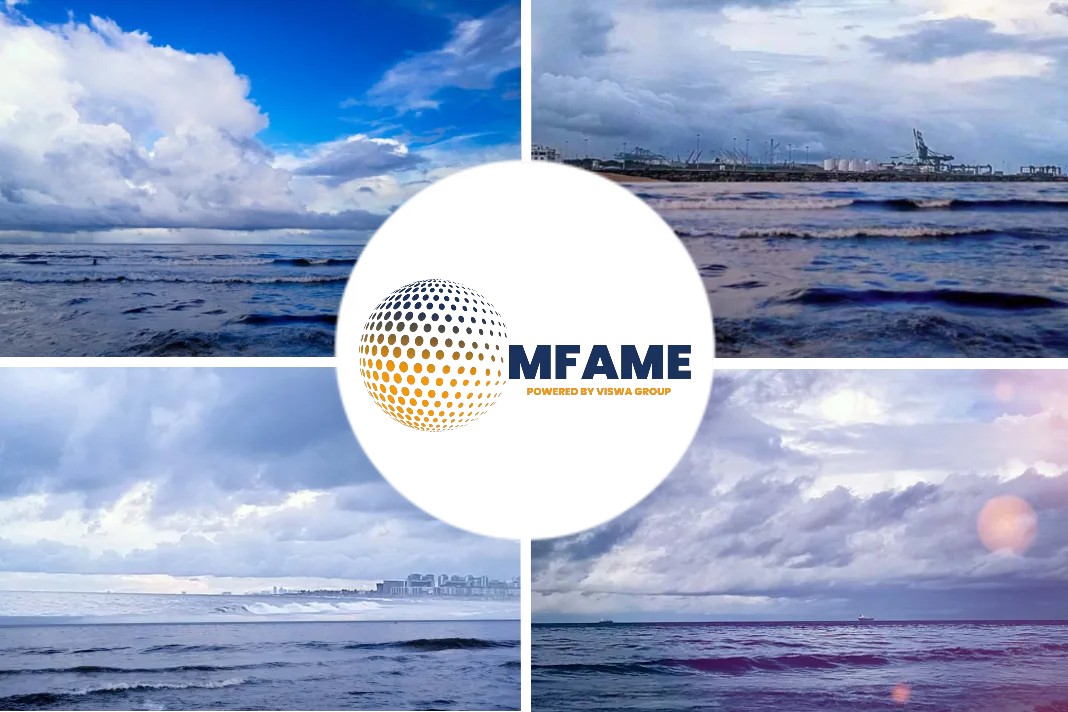New maritime regulations are set to go into effect that require ship owners to report their emissions intensity, and an artificial intelligence-based application from Bearing is set to produce information for businesses to help them make emissions improvements, reports Environment Energy Leader.
Accuracy
Bearing says the platform accurately predicts Carbon Intensity Scores (CII) for every vessel in the maritime shipping industry. The application can help businesses measure their risks, improve their ratings, and make informed decisions about the impacts of the regulations.
The shipping data company received $7 million in funding from existing investors Mitsui & Co. and AI Fund to help advance the platform. The funding brings Bearing’s total investment to $10 million.
Beginning in 2023, the International Maritime Organization (IMO) will require ship owners to report CII on an annual basis, and ships will receive grades based on those results. Ship owners will also have to file multi-year plans to improve the emissions of their vessels.
CII is a rating system that the IMO developed, with grades from A, being the best, to E, the worst. The regulations impact all cargo, RoPax, and cruise vessels that have more than 5,000 gross tonnage and trade internationally. Ships that receive a D score for three consecutive years or an E score once would be prohibited from trading until a corrective plan is in place, according to Hellenic Shipping News.
Business impacts
A report from Clarkson Research shows nearly 12% of container vessels could score in the E ranges. The shipping industry produces around 940 million metric tons of carbon emissions a year, which is about 2.5% of the world’s total, according to UK Research and Innovation.
Bearing says there could be business impacts resulting from the regulations and grades. Companies with higher grades may be able to obtain higher market rates.
The platform can help businesses prepare by showing what their ship’s emissions are now, Bearing says. The artificial intelligence-based system can produce a range of data, including predicting fuel consumption, speed, and other operational aspects of a ship.
It can track and monitor current CII ratings and predict low scores, forecast what the CII results will be at the end of the year based on historical routing and weather patterns, simulate operating scenarios that can impact scores, and gives a picture on financial implications based on potential carbon ratings.
The shipping industry has been working toward reducing emissions overall.
The Getting to Zero Coalition is a group of 140 industry leaders from more than 30 countries that has a goal of being carbon neutral by 2030. Royal Caribbean also recently partnered with Mærsk Mc-Kinney Møller Center for Zero Carbon Shipping to advance zero carbon technologies in the industry, and last year a commercial vessel tested the use of hydrogen fuel.
Did you subscribe to our daily Newsletter?
It’s Free! Click here to Subscribe
Source: Environment Energy Leader























